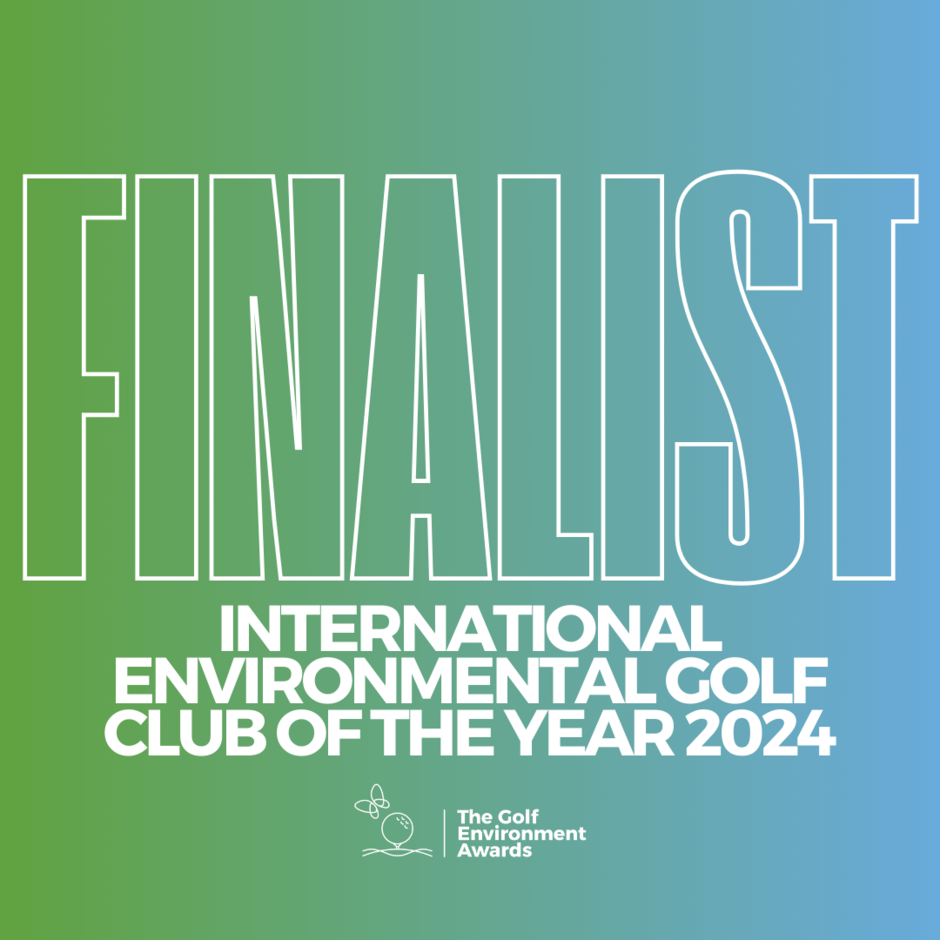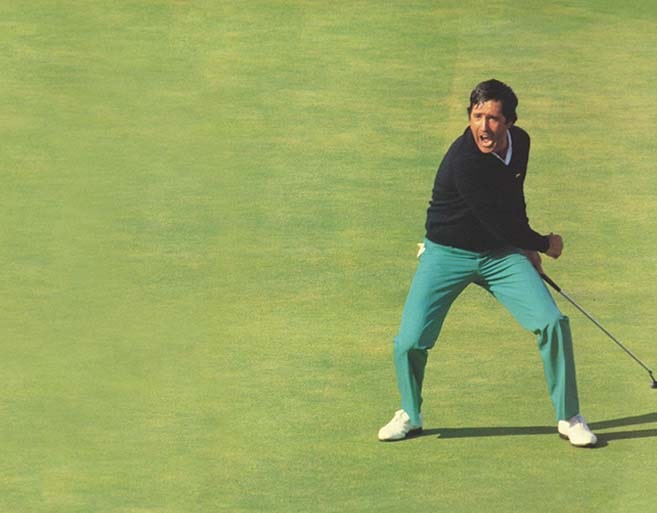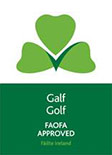Native Irish Honeybee Conservation Area
In 2023, the Royal Dublin Golf Club was designated as a native Irish honeybee conservation area by The National Irish Honey Bee Society (NIHBS). This designation requires the club to only keep native Irish honeybees in order to produce our honey. The European dark bee (Apis mellifera mellifera), also known as the native Irish honeybee is one of the only remaining pure blood population of bees in the whole of Europe meaning that it is perfectly adapted to survive in Ireland’s particular climate and floral habitats, a result of thousands of years of natural selection. It is however under threat of extinction due to hybridization with imported bees which has been the case with bee populations across the rest of Europe. This is why Royal Dublin has become one of the first golf clubs in the country to be classed as a bee conservation area and we hope we can lead by example for other establishments across the country to follow suit and make a meaningful impact on the ecological integrity of Irelands insect populations.
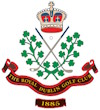
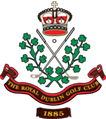
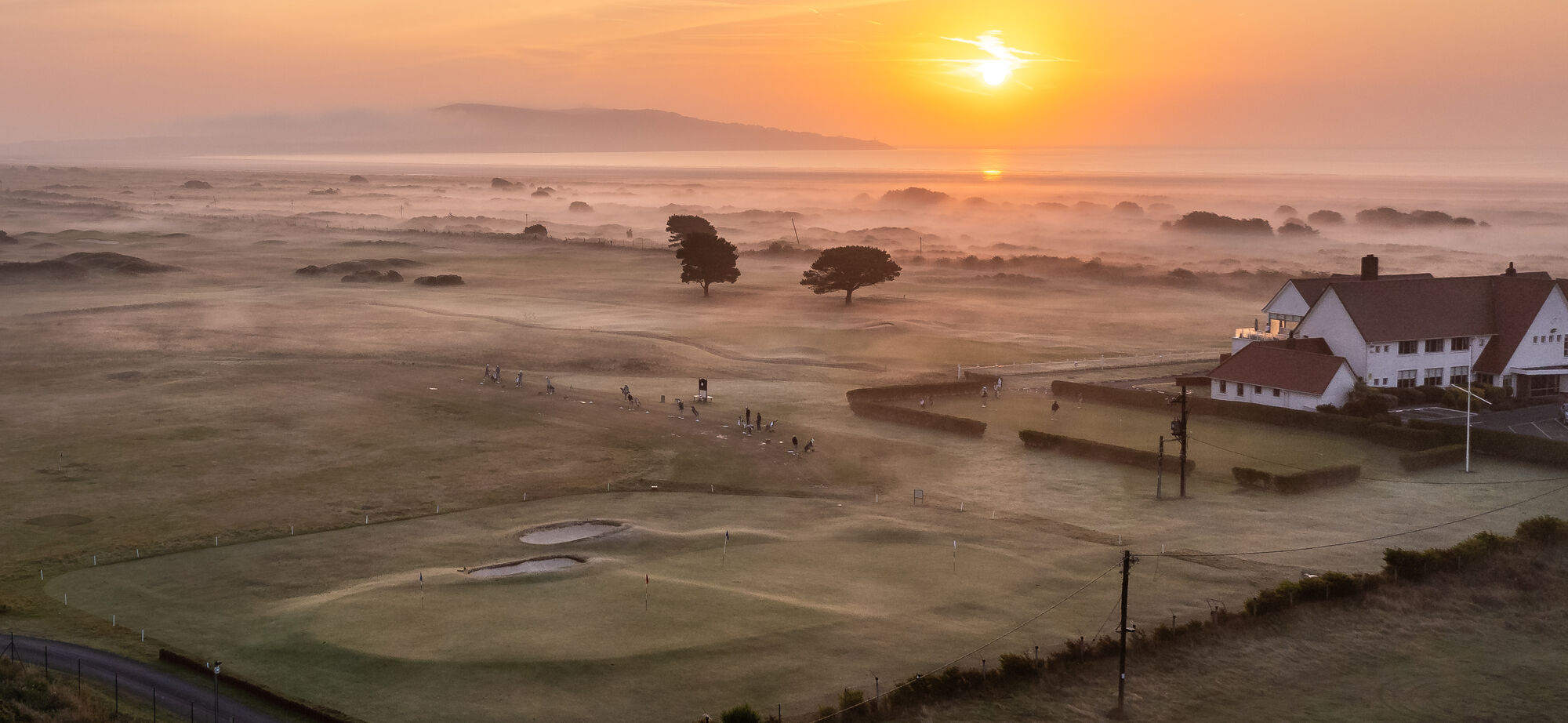
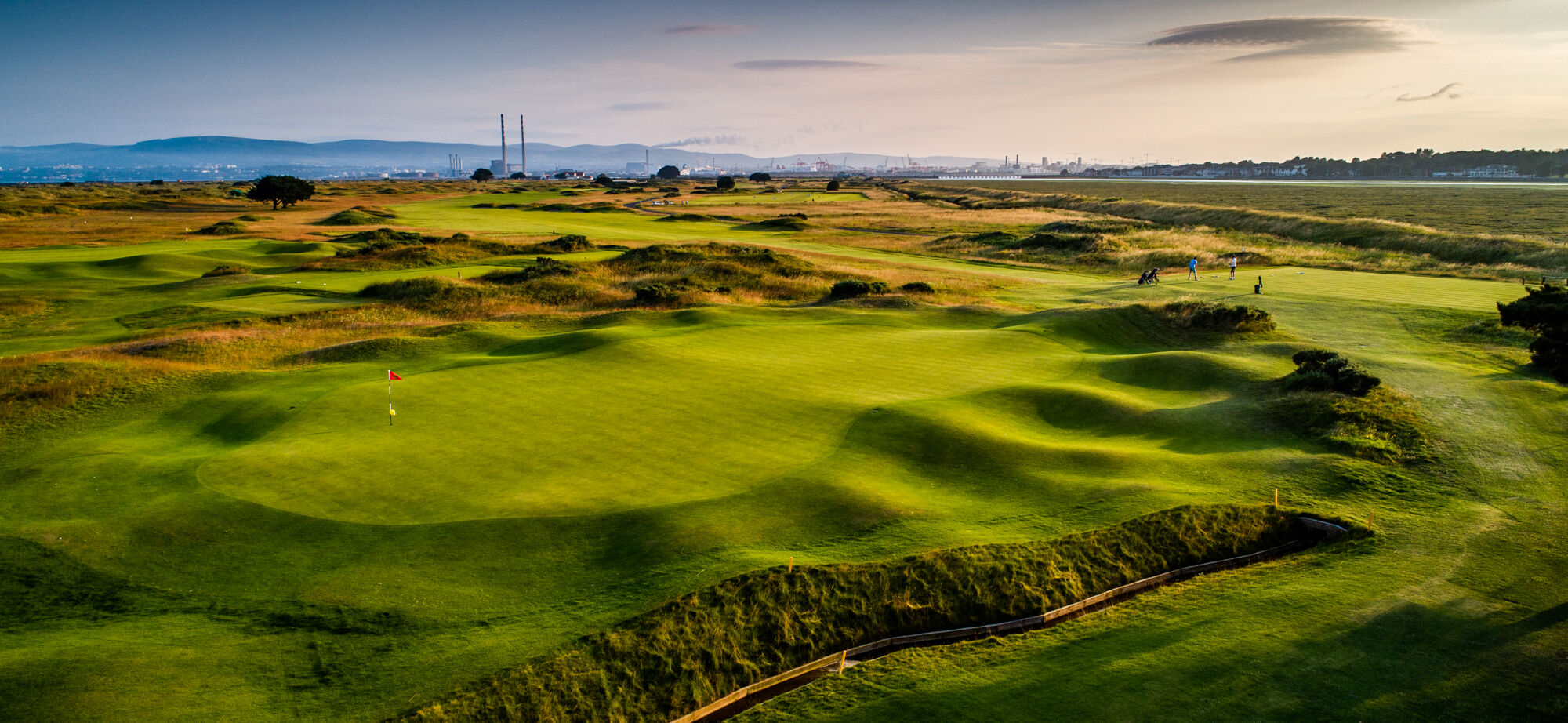
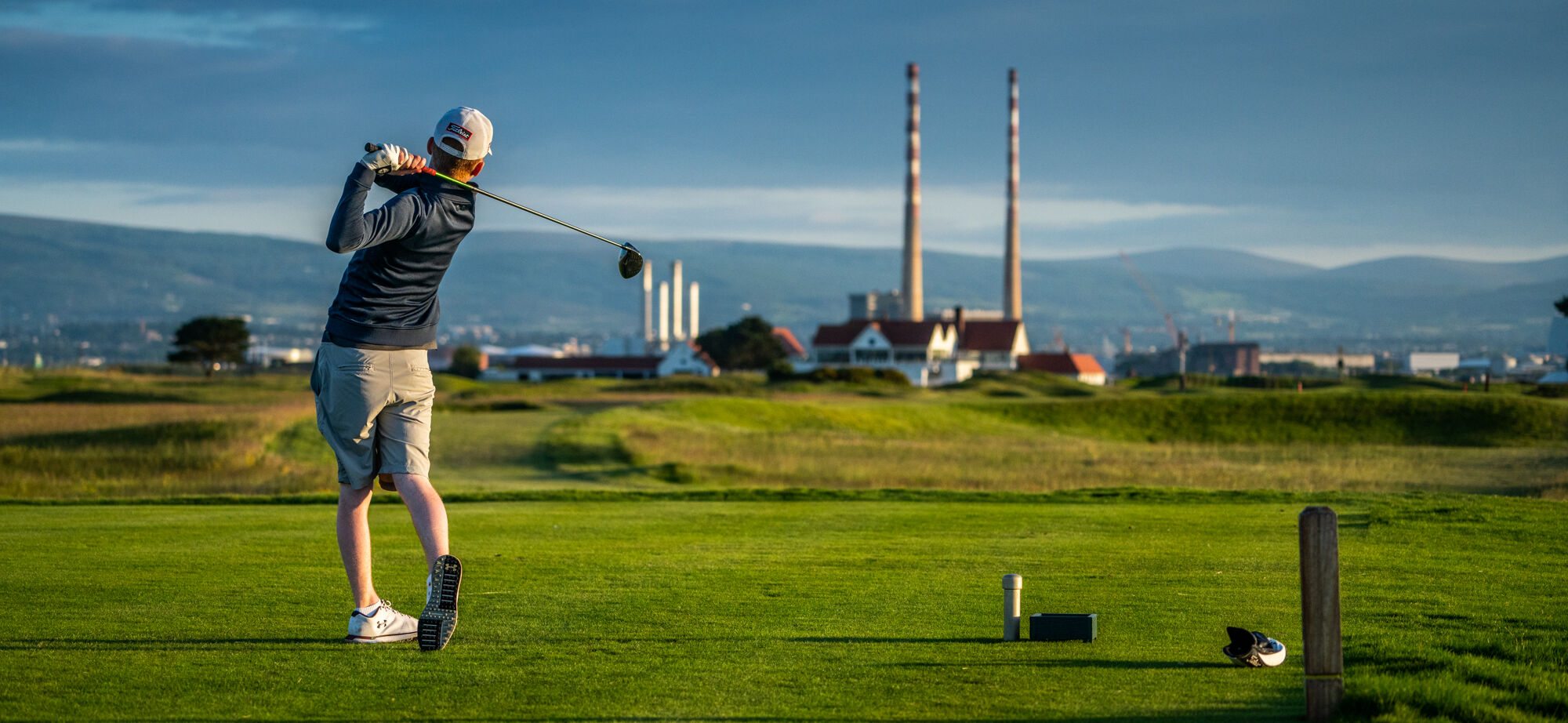
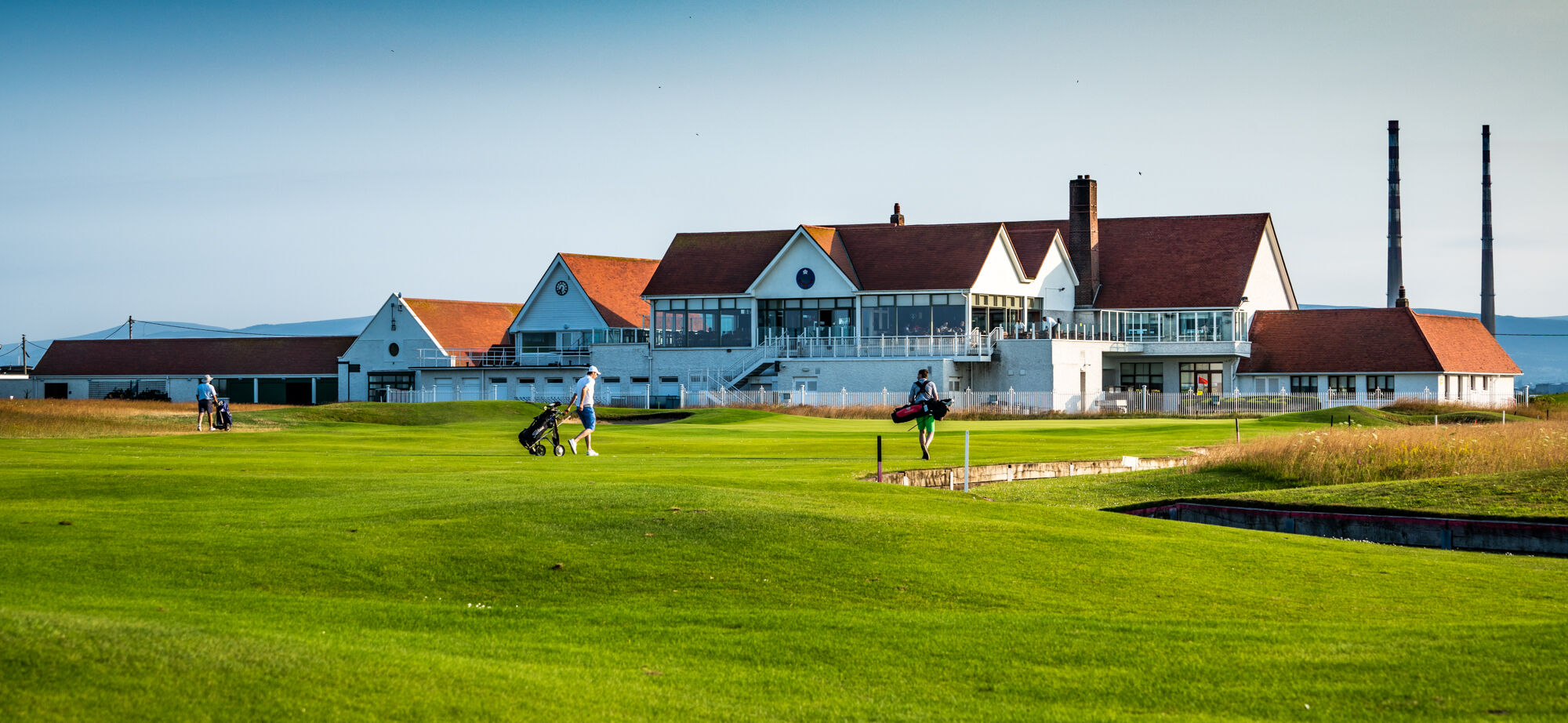
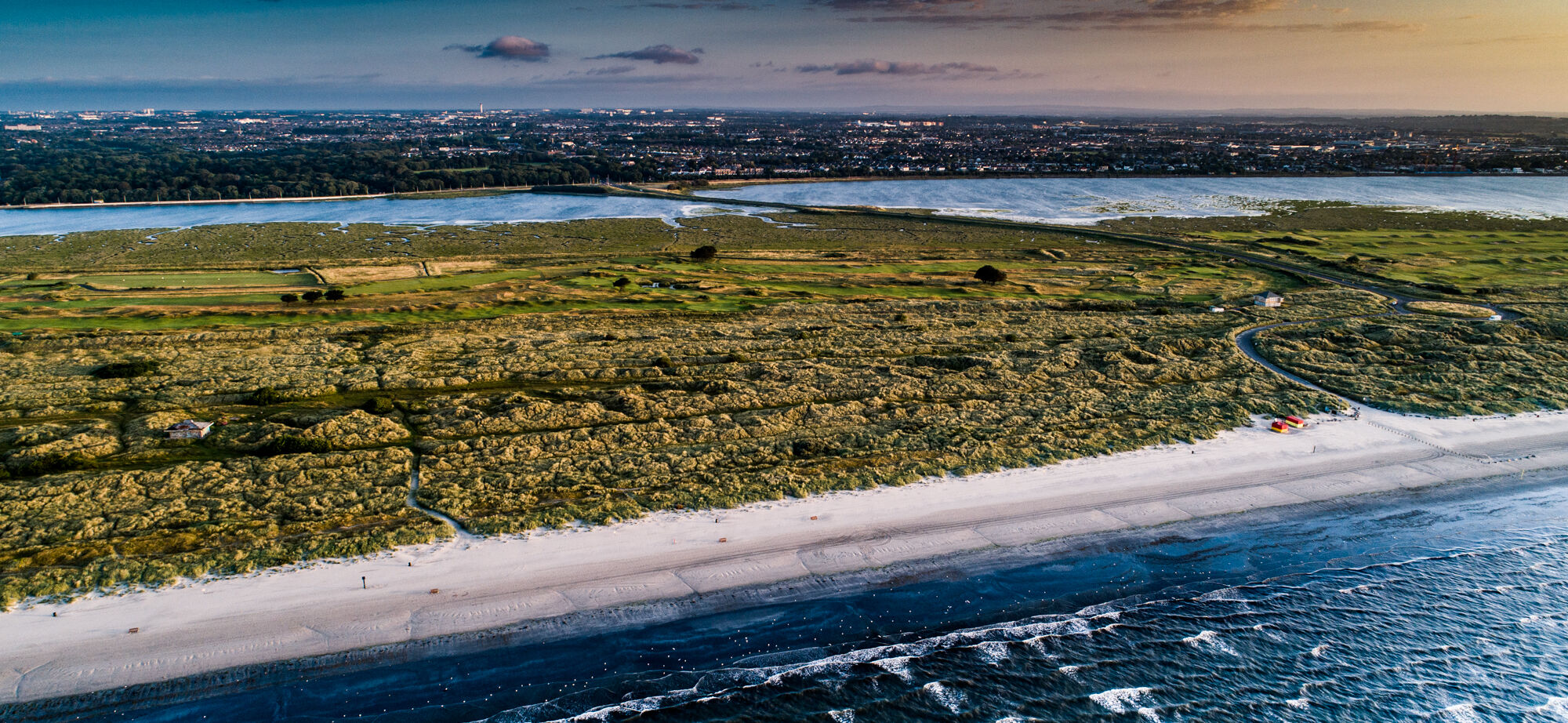
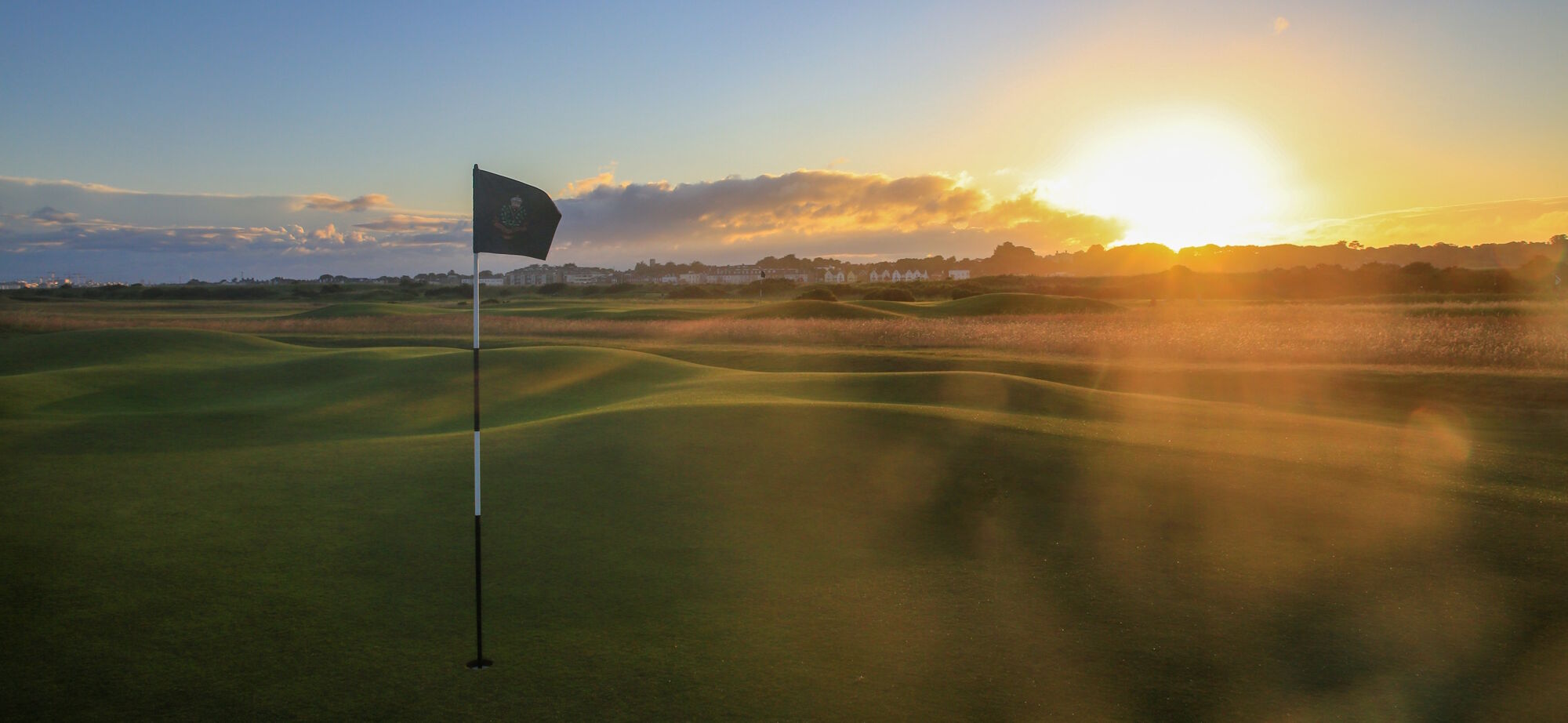
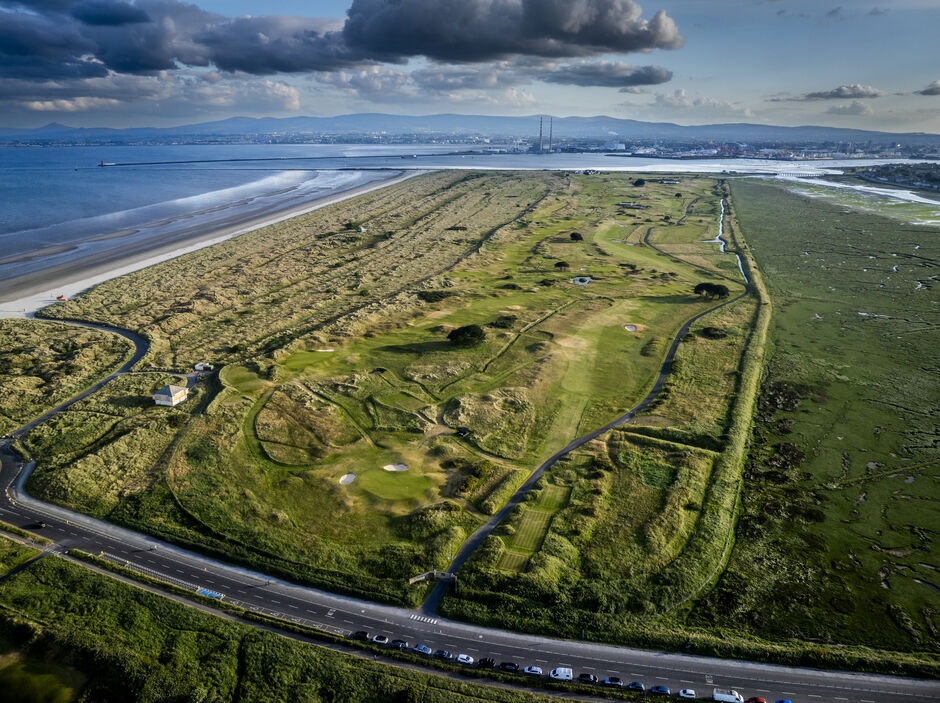
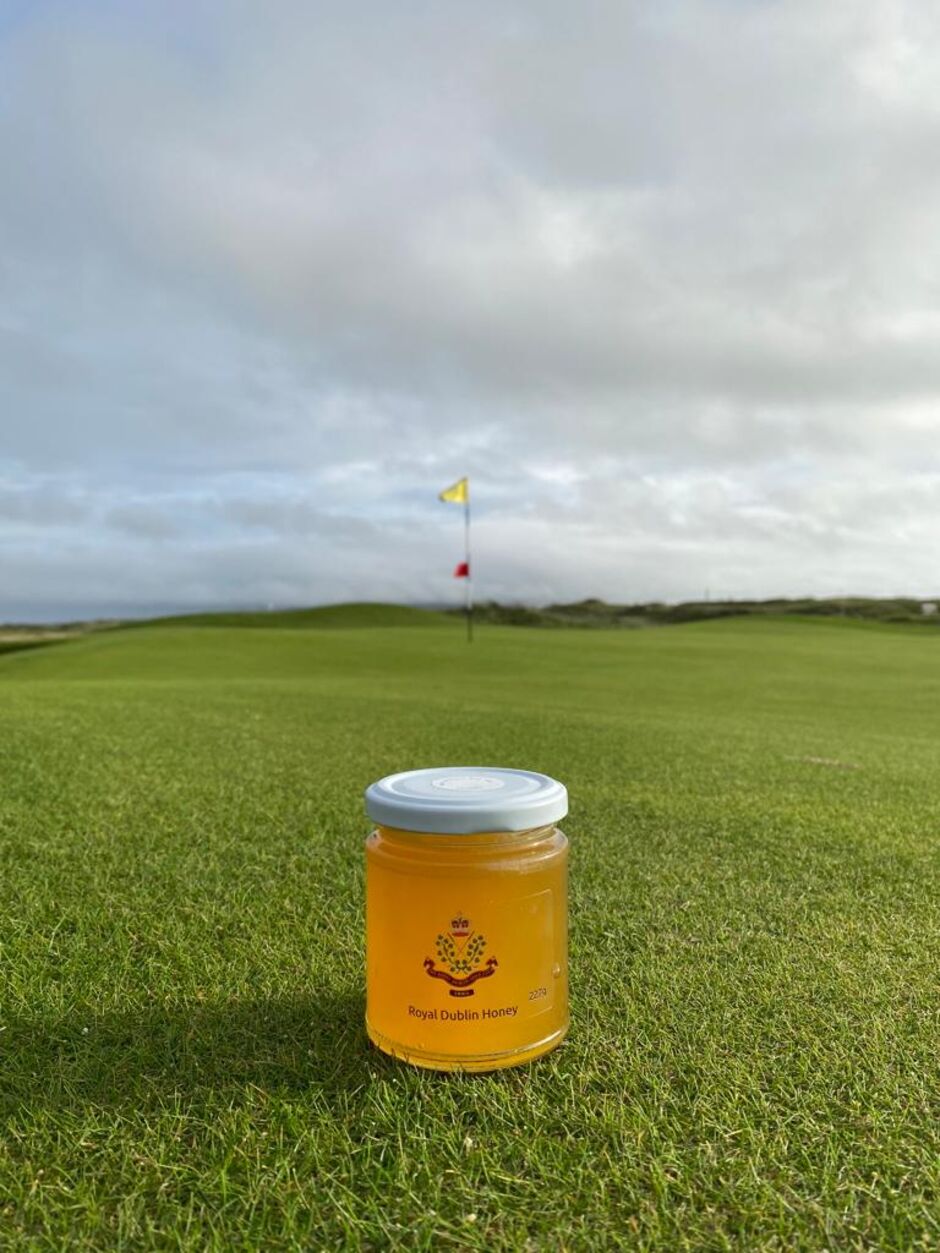
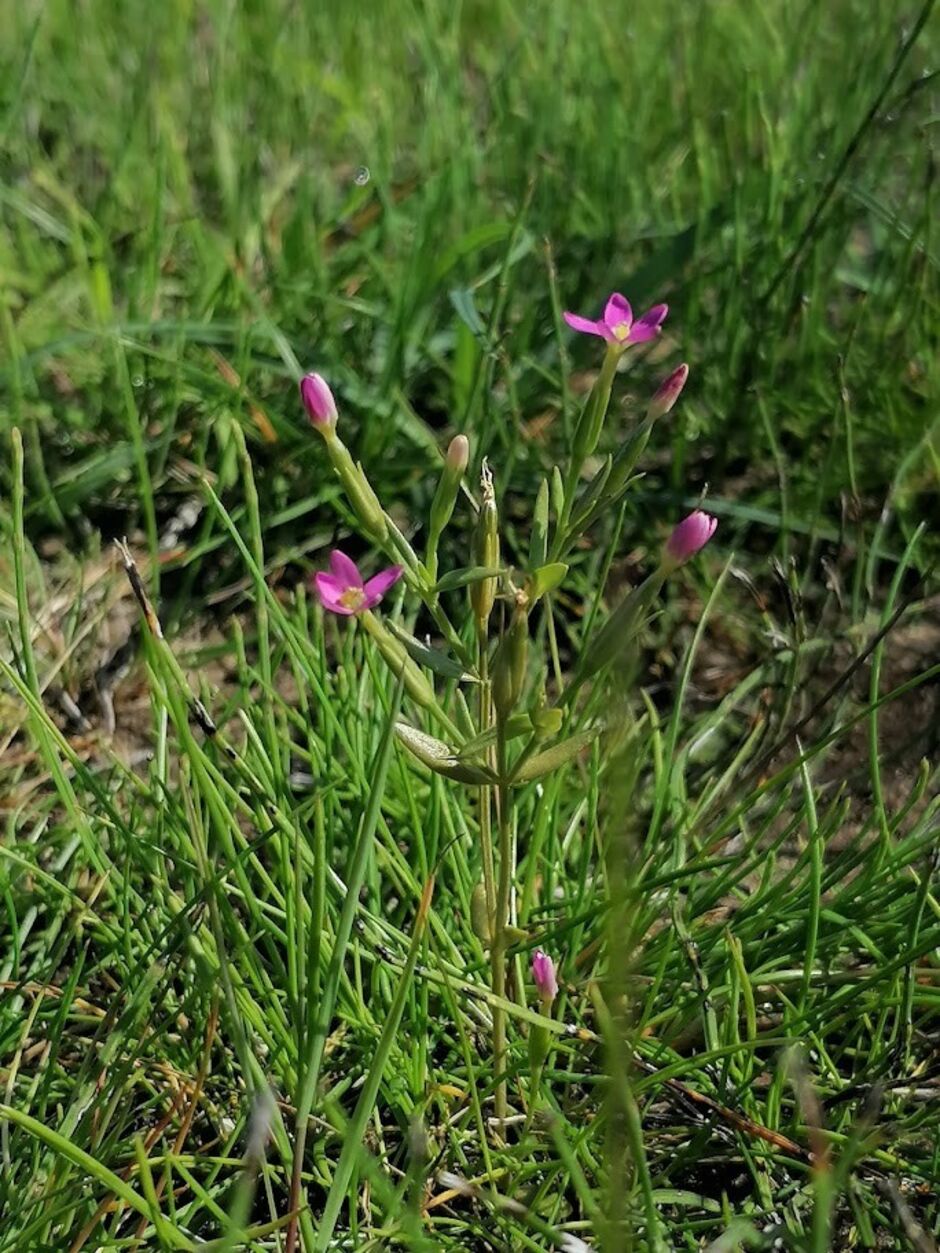
 Lesser Centaury
Lesser Centaury
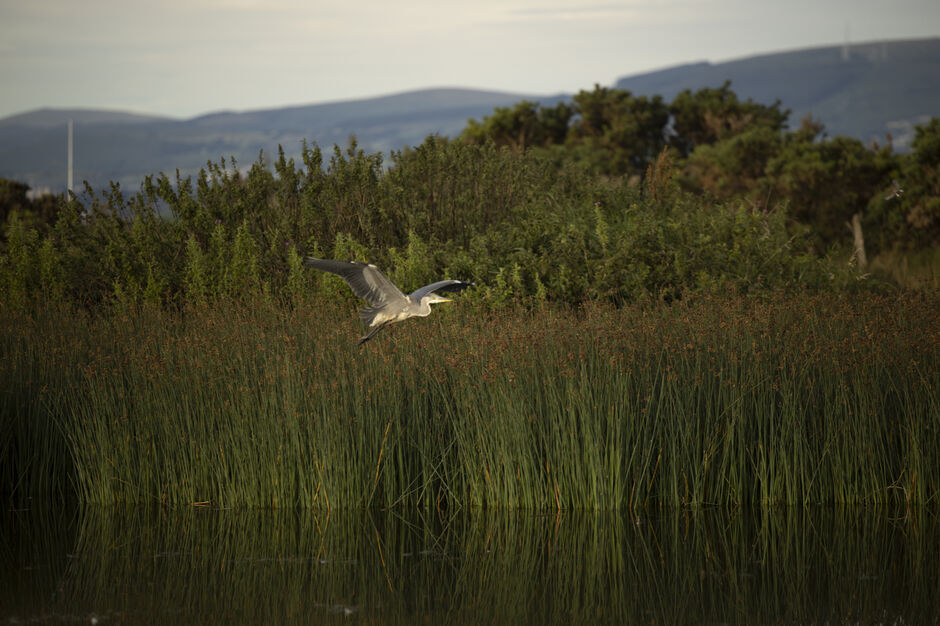
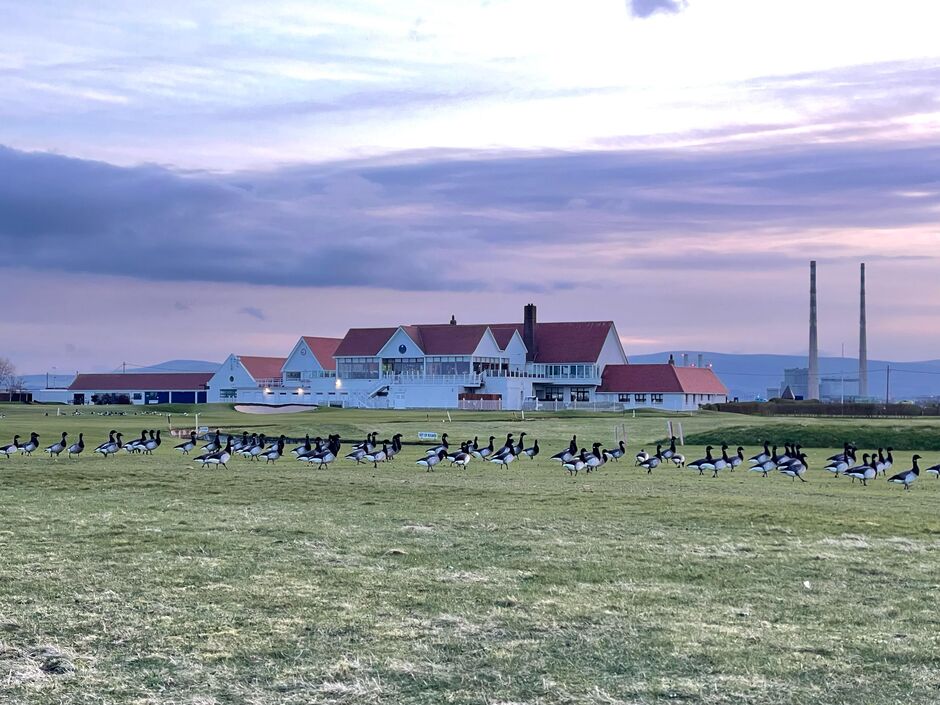
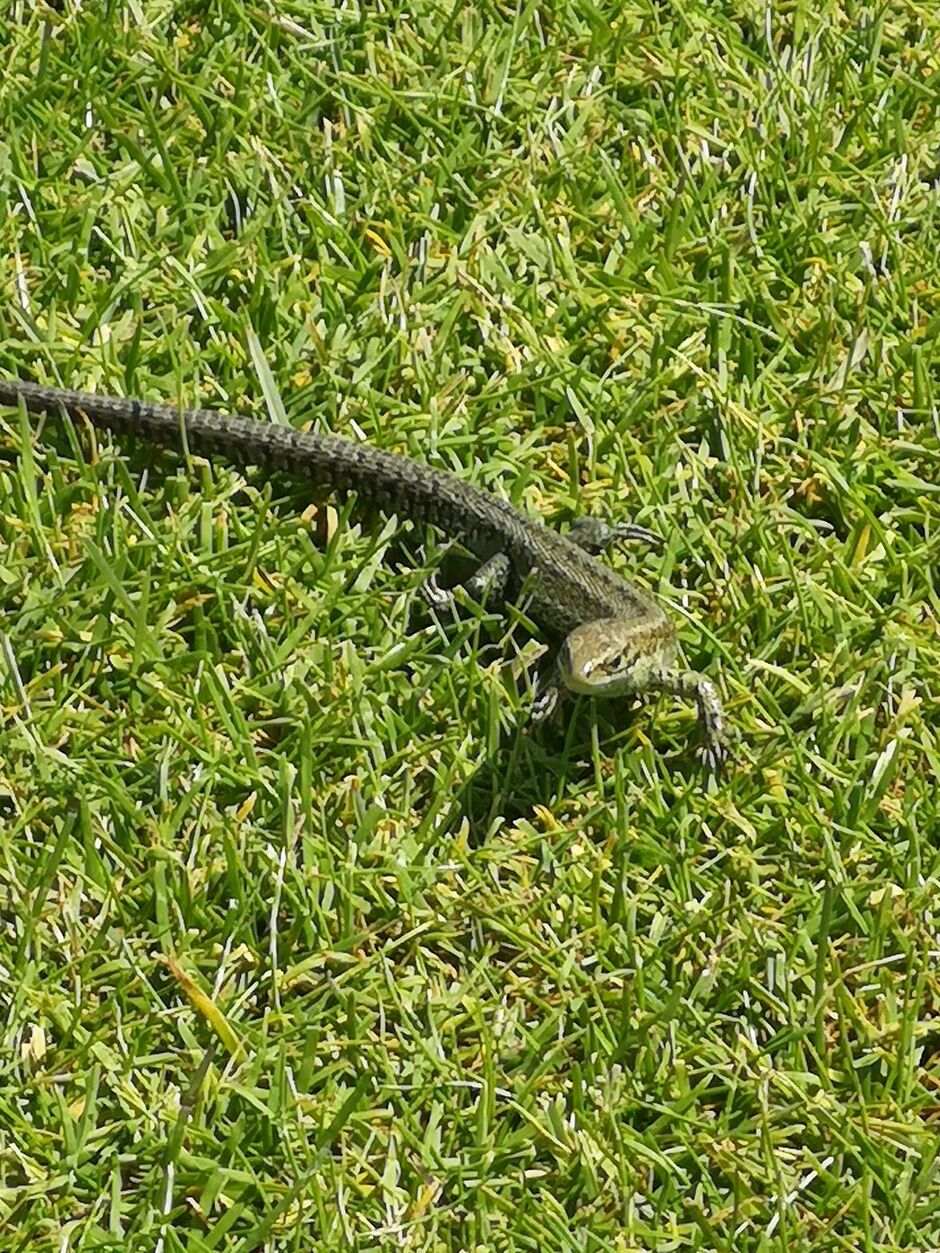 A Common Lizard
A Common Lizard
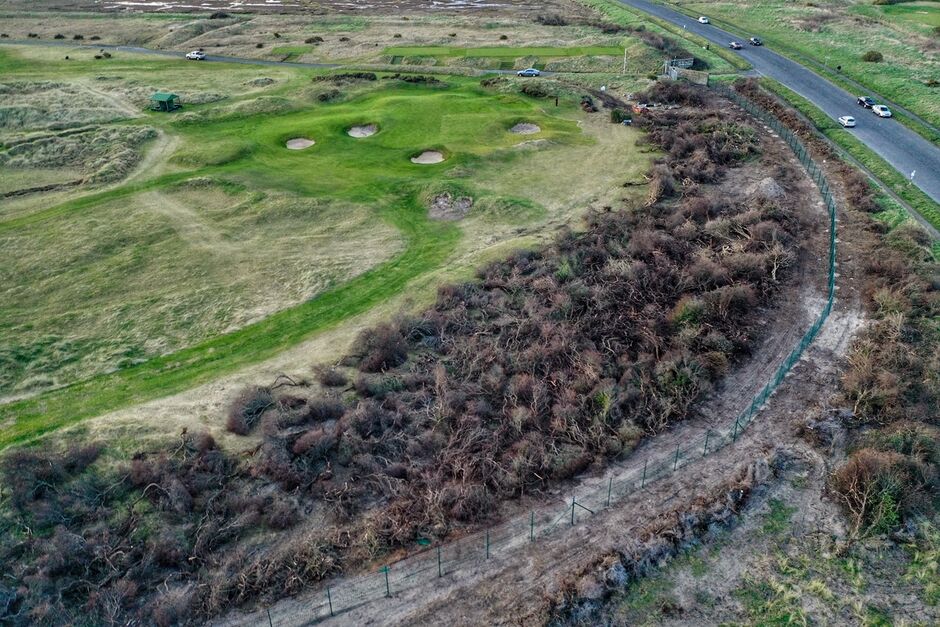
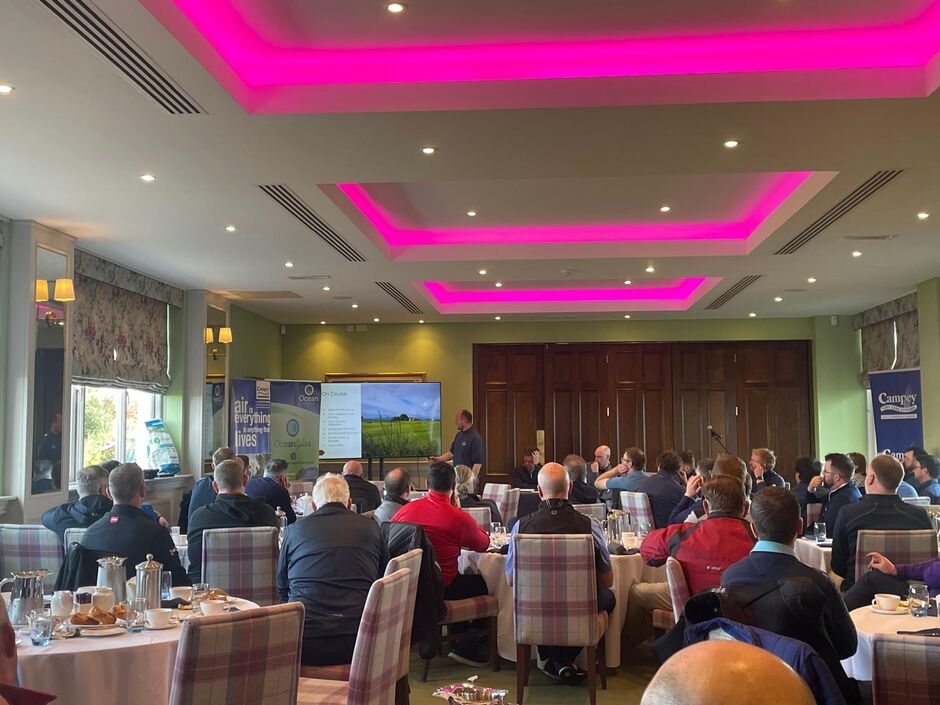
 Chris Greely Presenting Sustainability
Chris Greely Presenting Sustainability
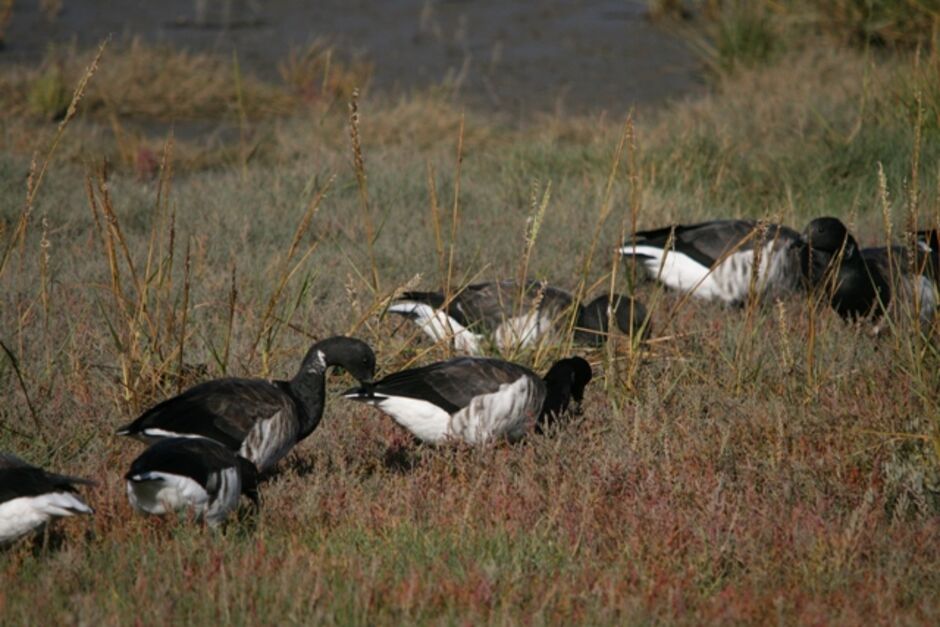 Brent Geese Feeding
Brent Geese Feeding
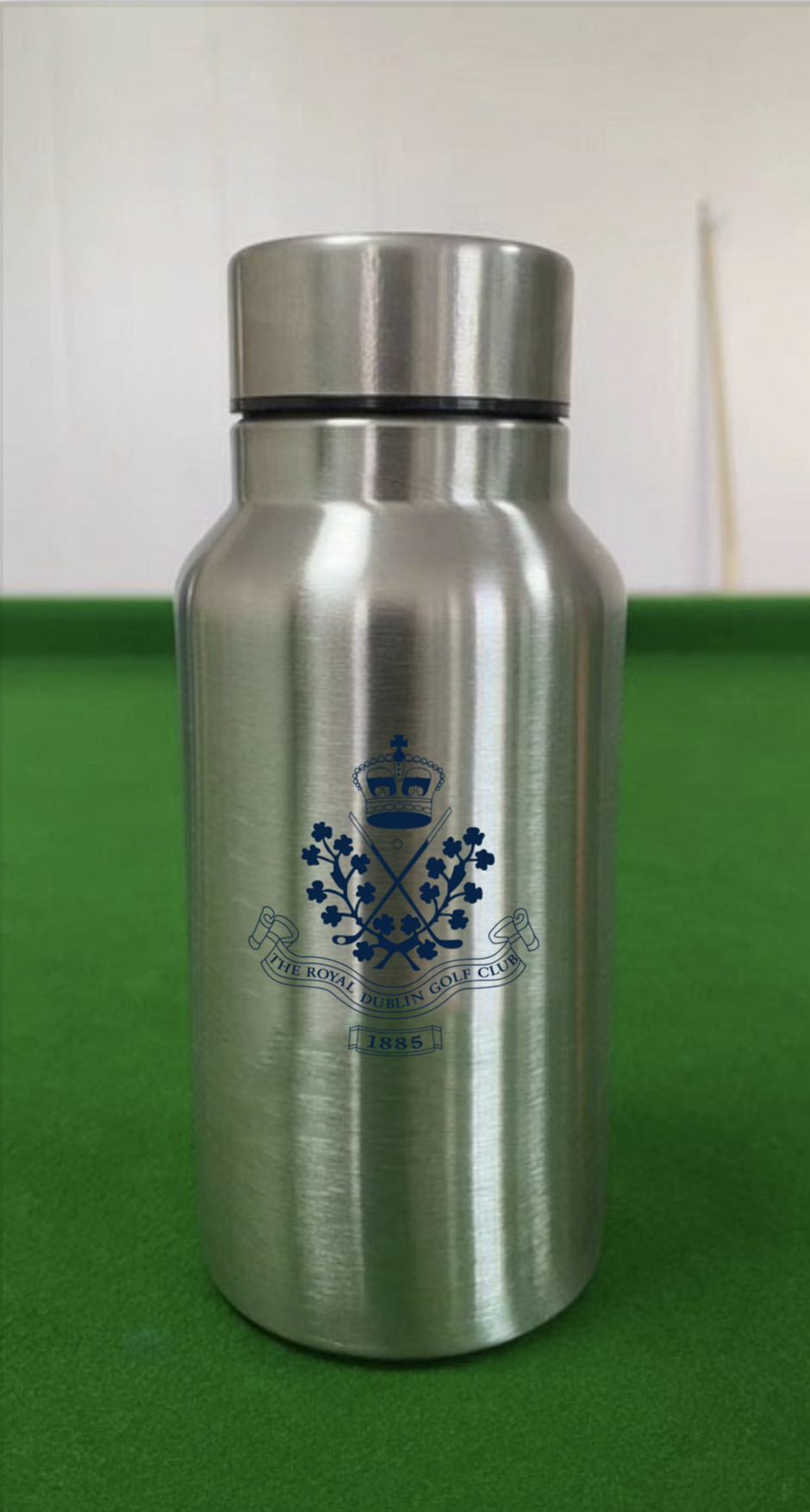
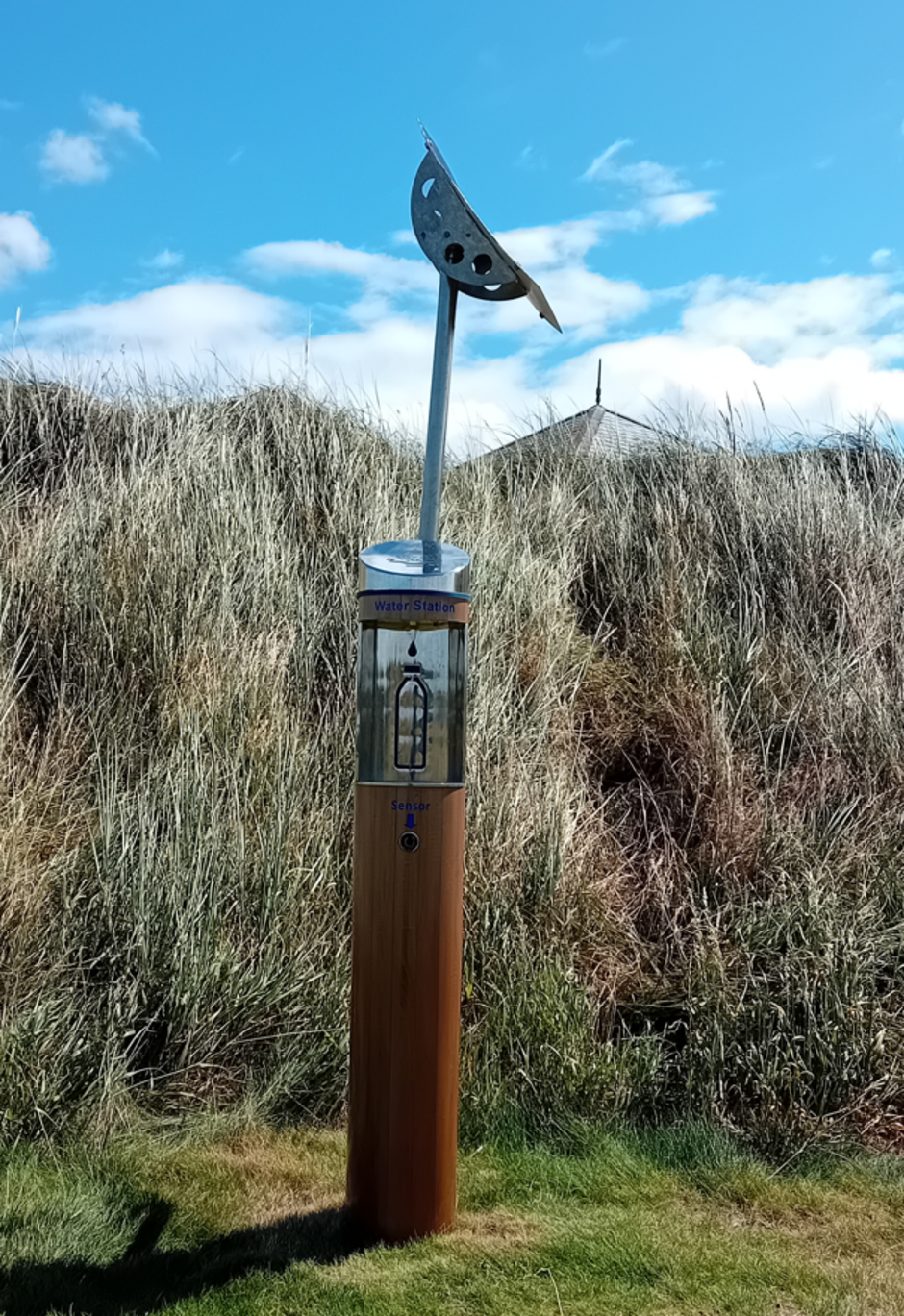
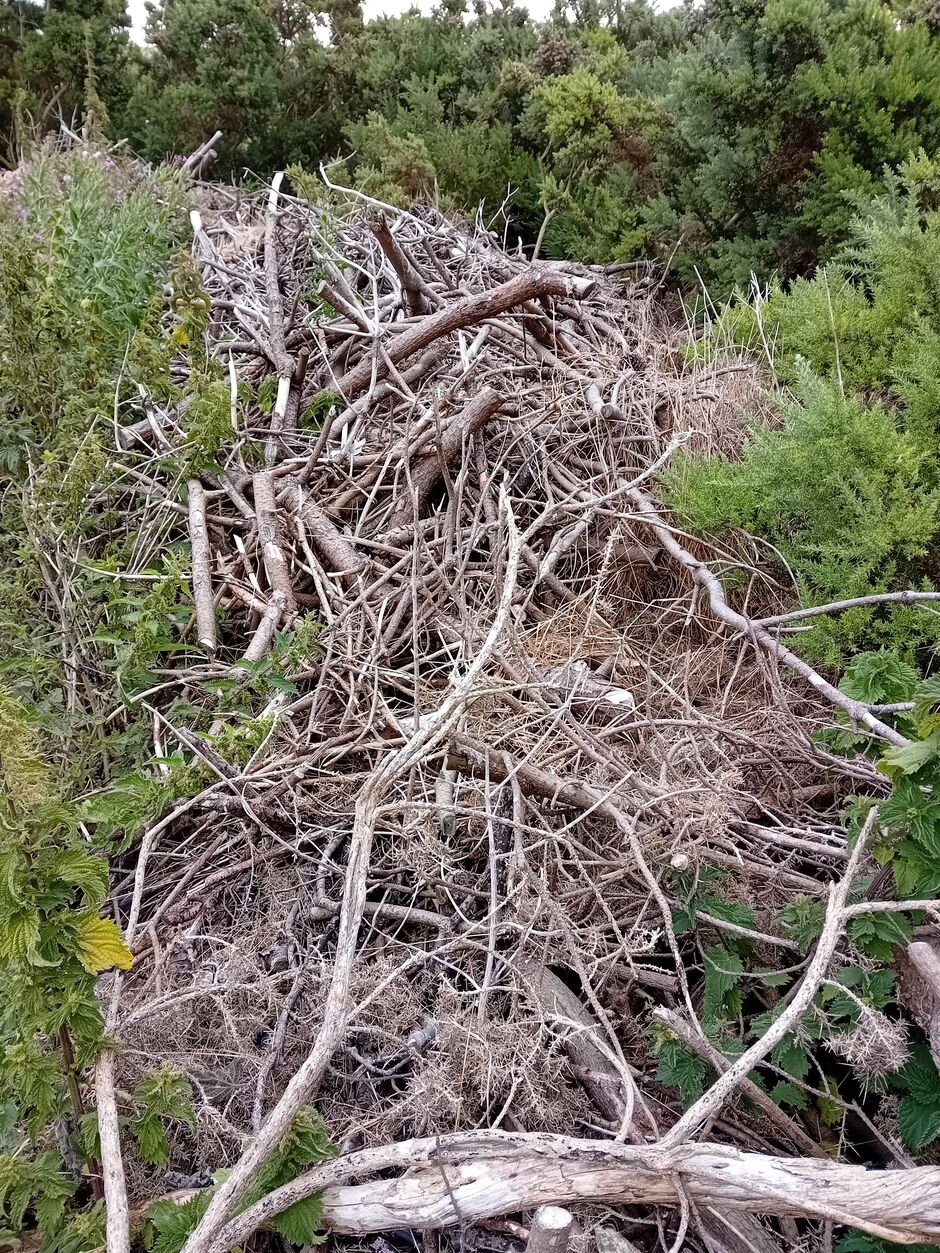 A Natural Bug Hotel
A Natural Bug Hotel
